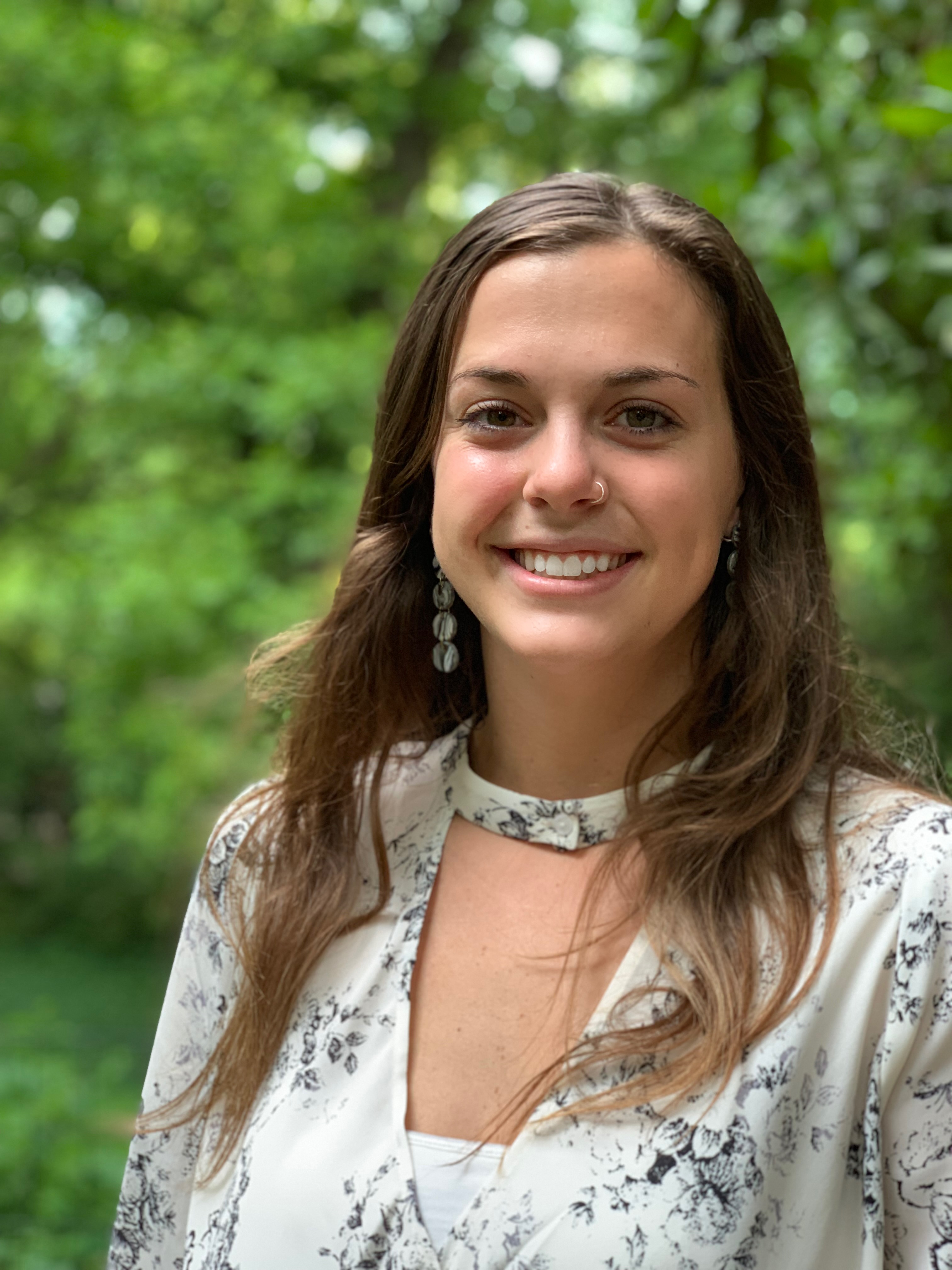Gaining Valuable Experience in the Sustainable Tourism Industry: Meet Alyssa Stroker
go.ncsu.edu/readext?623189
en Español / em Português
El inglés es el idioma de control de esta página. En la medida en que haya algún conflicto entre la traducción al inglés y la traducción, el inglés prevalece.
Al hacer clic en el enlace de traducción se activa un servicio de traducción gratuito para convertir la página al español. Al igual que con cualquier traducción por Internet, la conversión no es sensible al contexto y puede que no traduzca el texto en su significado original. NC State Extension no garantiza la exactitud del texto traducido. Por favor, tenga en cuenta que algunas aplicaciones y/o servicios pueden no funcionar como se espera cuando se traducen.
Português
Inglês é o idioma de controle desta página. Na medida que haja algum conflito entre o texto original em Inglês e a tradução, o Inglês prevalece.
Ao clicar no link de tradução, um serviço gratuito de tradução será ativado para converter a página para o Português. Como em qualquer tradução pela internet, a conversão não é sensivel ao contexto e pode não ocorrer a tradução para o significado orginal. O serviço de Extensão da Carolina do Norte (NC State Extension) não garante a exatidão do texto traduzido. Por favor, observe que algumas funções ou serviços podem não funcionar como esperado após a tradução.
English
English is the controlling language of this page. To the extent there is any conflict between the English text and the translation, English controls.
Clicking on the translation link activates a free translation service to convert the page to Spanish. As with any Internet translation, the conversion is not context-sensitive and may not translate the text to its original meaning. NC State Extension does not guarantee the accuracy of the translated text. Please note that some applications and/or services may not function as expected when translated.
Collapse ▲The Department of Parks, Recreation and Tourism Management (PRTM), which is home to Tourism Extension, helps student gain valuable experiences through its internship program. This summer Alyssa Stroker (PRTM major specializing in Sustainable Tourism, class of 2020) was an intern at the Greater Raleigh Convention and Visitors Bureau (GRCVB).

Alyssa Stroker, undergraduate student majoring in Parks, Recreation and Tourism Management, with a Sustainable Tourism Concentration, at NC State University (Class of 2020)
We asked Alyssa the following two questions about her internship. Her responses demonstrate that she is a rising star in the sustainable tourism field. We look forward to keeping track of her career after graduation.
Tourism sustainability is now essential. In established and developed destinations we must change the way consumers travel and how the tourism industry operates, however, in marginalized and undeveloped regions, we have the leverage to invite structured tourism with the basis of sustainability and communitarian entrepreneurship. People travel for a variety of reasons, but a primary purpose involves experiencing the behaviors and customs of the host community. Resultantly, sustainable tourism has various different layers and dimensions of concern regarding economic, environmental, and socio-cultural elements. Although topics such as transportation, infrastructure development, and accommodations are important to consider, the quality of life for the host community is just as important to protect. My passion concerns uplifting a region by empowering the locals and highlighting their talents and cultural expertise. Research from here forward should be executed with a utilitarian approach that will benefit all members and groups of the host community.
Research questions should analyze the domestic resources of the region that could be of interest or attractive to tourists, while avoiding resource scarcity. This includes examining environmental resources in addition to the talents and skills of the natives to derive tourism interest. Research should examine how to invest in the locals’ talents and leadership to connect with global markets. Indigenous tourism should promote microentreprenuers and endorse authentic, signature experiences. In regions that are poorly represented, integration of tourism approaches should support local cooperatives and associations. It is important to explore technological advancements that could empower the most alienated segments. Kiva and Oxfam, among other operations support grassroot organizations and encourage self-determination to earn communities’ way out of dependency. Emancipating the most vulnerable communities involves more than analyzing the resources and opportunities available, but includes examining ways to increase income and transform communities with lasting impacts. To enhance the livelihoods of poverty stricken areas, approaches should provide the locals with resources and advanced knowledge necessary to empower the community to mitigate poverty and fuel equitable development.
You can learn more about Alyssa’s experiences in the GRCVB Tourism Talk blog featuring the 2019 summer interns.


